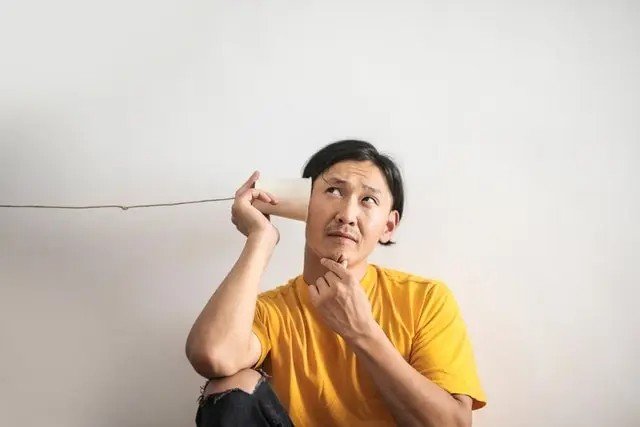Are You a Good Listener? 5 Ways to Make Sure
How strong are your listening skills? Better yet, are you sure you know what strong listening skills look and sound like?
Intentions matter, of course. But, in everyday life, what matters just as much is execution. You may have the desire to be a respectful, active, and validating listener. However, if that desire is not translated into action, the point is moot. Worse, your relationships may be damaged.
So, with all that in mind, let’s explore ways to ensure you are a good listener. The good news is that, like any other skill, listening can be learned and refined. As a result, your life and connections can be better supported and improved.
5 Ways to Make Sure You Are a Good Listener
1. Practice Mindfulness
Your ability to stay in the present moment is essential to good listening. Some elements that mindfulness brings to your listening skills include:
distractions, like your electronic devices, are put aside
multi-tasking is not the goal
you give the speaker your full attention
you maintain eye contact, making it clear that you are thoroughly processing what is said
without verbalizing, you still demonstrate interest to the speaker
In addition, mindfulness helps you cultivate more patience. Everyone communicates differently so you don’t rush them or make them adhere to your needs. Even when someone takes time to get to their point, the mindfulness practice of staying present and attentive prevents a tendency to rush or discount what’s being said or how they say it.
2. Keep an Open Mind
Good listening skills open you up to hearing new ideas and perspectives. Listening affords opportunities to learn and grow. You may have your opinions and beliefs but welcome other posts of view without judging them. When you're listening well, this can be felt by the other person.
Without interrupting, you can further display your openness by asking questions and seeking elaboration. This should happen after the speaker has fully shared their perspective or made their point. This not only enlivens the exchanges, it also shows the speaker that you are tuned in and curious. Asking the other person to elaborate or expand on their points helps you better comprehend why their view is important to them — and may shape your own view too!
3. Keep a Compassionate Mind
All people want to be heard. They need to contribute and relate to others. Keep this in mind at all times during your interactions. You are in the valuable position of making them felt understand. Displaying compassion and empathy is not is a powerful way to connect with others. Listening this way helps you grasp what the other person is feeling and understand how things impact them.
Another powerful choice that supports compassionate listening? Deciding to eschew defensiveness. Disagreement is inevitable and quite normal. Yet, you don’t have to respond with anger or “defend” your point. You can like and care deeply for someone while truly differing from them on certain issues. Communication is not a competition. The goal is to stay present, allow yourself to listen, and connect human to human.
4. Non-Verbal Cues
One of the most profound ways to demonstrate your role as a sincere listener is through your body language. This includes:
frequent, appropriate eye contact
open, involved facial expressions
Alert, engaged posture
Nodding
In addition, when you do respond verbally, check your tone, volume, and inflection to communicate that you hear and want to connect.
5. Remain Authentic & Real
Most importantly, be yourself. These listening skills are guideposts. Authentic listening, however, is not about following a pre-planned script. It begins with a commitment to the people you encounter as well as enhancing your skills. Listening is advanced when you express this commitment in ways that are unique to you and your desire to build meaningful connections.
Working with a therapist is an excellent way to get started. Please read more about individual therapy. I invite you to reach out to schedule a confidential consultation.
Click here for more information on couples counseling.

